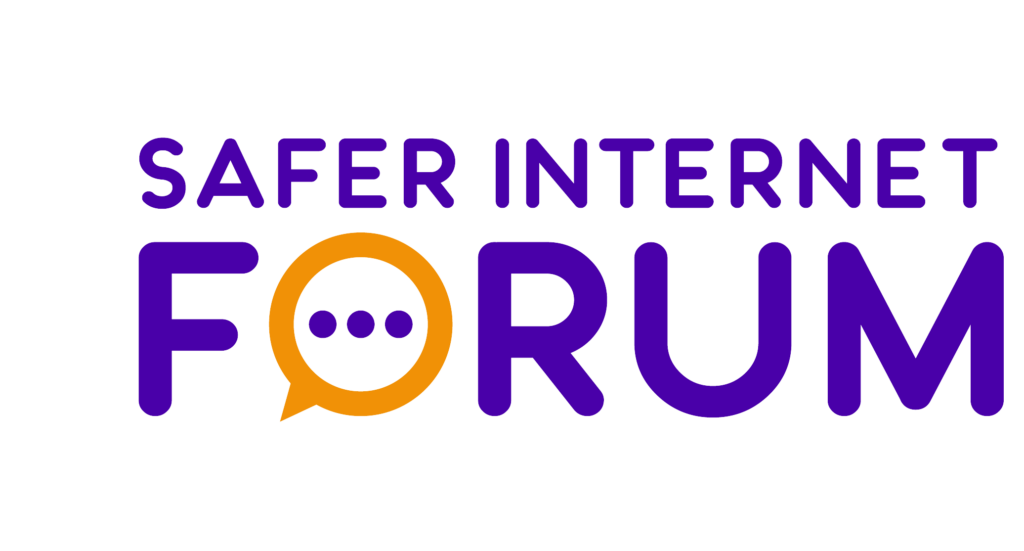The past few months have forced many of us into the digital world like never before. Schools and universities are closed and have moved to e-learning, people are teleworking where possible, and we are connecting with our loved-ones through digital tools. At the moment, our virtual life is our social, family, student, and professional life. Although I would argue that we have seen a merging of our online and offline lives, even before the COVID-19 crisis engulfed us, especially for children and young people growing up today.
The technological transformations of the past decades have been unprecedented. Today, more and more children use digital devices at an increasingly young age, and many parents and grandparents worry about risks related to digitalisation. They ask themselves questions about the acceptable amount of screen time, how to protect their (grand)children from strangers approaching them inappropriately online, and how to teach their (grand)children to recognise fake news.
Yet at the same time, the digital world offers children and young people opportunities such as those related to learning, development of cognitive skills, awareness of social issues, social interaction, and entertainment. It is increasingly difficult to treat this digital environment as a separate reality. Our digital world strongly affects our offline world and vice versa. As a result, it might be useful to stop treating digital policy as a stand-alone field. Digital issues encompass educational policy, (mental)health policy, social policy, cultural policy, judicial policy, youth policy, and much more.
Photo of a man and a woman playing with their toddler with a smartphone.
Even though the online and offline worlds are intertwined, it is wrong to assume that every child has the same digital experiences, skills and competences. Therefore, we need to understand the conditions under which harmful versus beneficial effects of ICT use occur as well as the role of the social environments in which a child grows up in order to shape a range of policies and practices that protect and empower children and young people online. Understanding online risks is undeniably important, but we also need to look at resilience and enhancing factors.
The European research project ‘The impact of technological transformations on the digital generation (DigiGen)’ is developing significant knowledge about how children and young people use and are affected by the digital transformations in their everyday lives. DigiGen is providing new knowledge about the barriers and opportunities that children from a variety of backgrounds experience in relation to technology and will be able to present a scientific base for the development of effective social, educational, health and online safety policies and practices.
The project looks at digitalisation from a social impact perspective and does so by focusing on four key areas of children and young people’s everyday lives: family life (the home), leisure time, educational institutions, and their civic participation and assesses how young people are affected differently according to important characteristics related to socio-economic background, gender, age group and culture.
With a “Europe fit for the digital age” as one of the main priorities of the Von der Leyen Commission, we need to make sure that the digital generation is adequately supported and all children and young people across Europe can benefit equally from the opportunities offered by the digital age no matter their background. The results of the DigiGen project will be able to inform the debate on the long-term effects of ICT use in the everyday lives of children and young people and feed into policy and practice considerations beyond merely the digital dossiers.
As the DigiGen project and advocacy officer in the COFACE Families Europe secretariat, I believe strongly in the importance of the engagement of stakeholders at EU and national level ensuring that policymakers and practitioners are aware of the project from the beginning, are being informed of the research developments, and reflect on the relevance of DigiGen for their own goals and efforts. This means connecting the dots across sectors and across stakeholders, from the local to the EU level. It is challenging but exciting to ensure DigiGen has a genuine impact, both direct and indirect on the lives of Europeans of all ages.
The interactions with a wide range of organisations and realities via DigiGen will hopefully lead to an answer to my question whether digital policy should be a stand-alone field. As digitalisation seems to touch upon every aspect of our lives, especially for younger generations, I expect that we will increasingly need to reflect this in the shaping of policy as well. The outputs of the DigiGen project will hopefully enhance the coverage of digital issues in a range of policy fields.
You can visit the DigiGen website for more information on the project and follow DigiGen on Twitter, Facebook, LinkedIn. You can also subscribe to the DigiGen newsletter here.
_____________________________________________________________________________________
**DISCLAIMER: All opinions in this article reflect the views of the author, not of COFACE Families Europe**
About the author:
Nienke Broekstra is a project and advocacy officer at COFACE Families Europe where she works on the societal impact and public engagement of DigiGen, a European research project on the impact of digitalisation on children and youth. She has worked at European NGOs active in social, environmental and public health fields.





